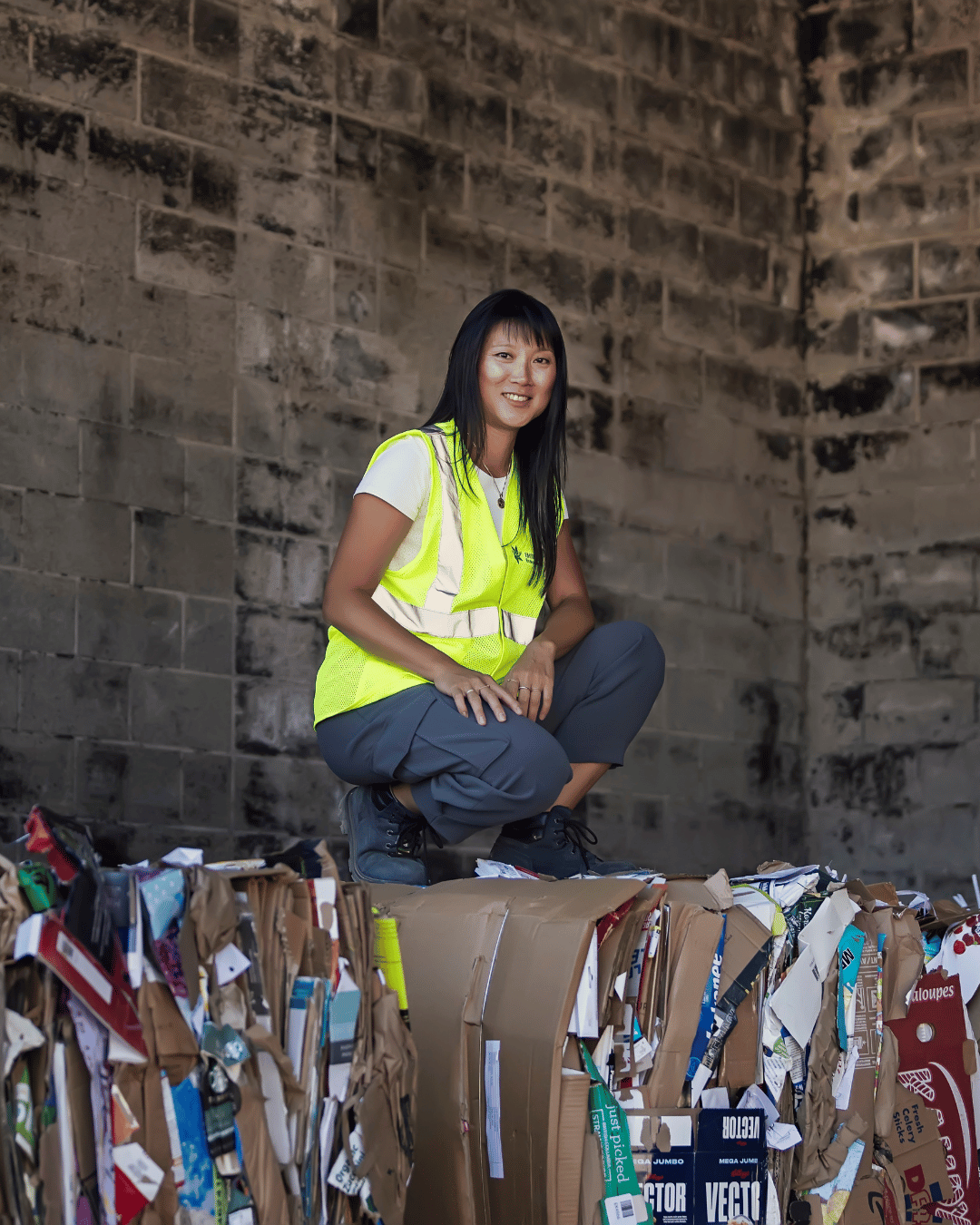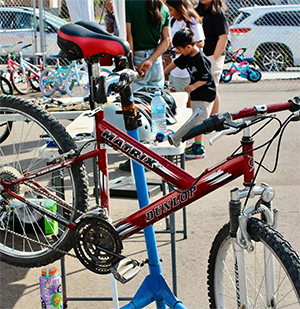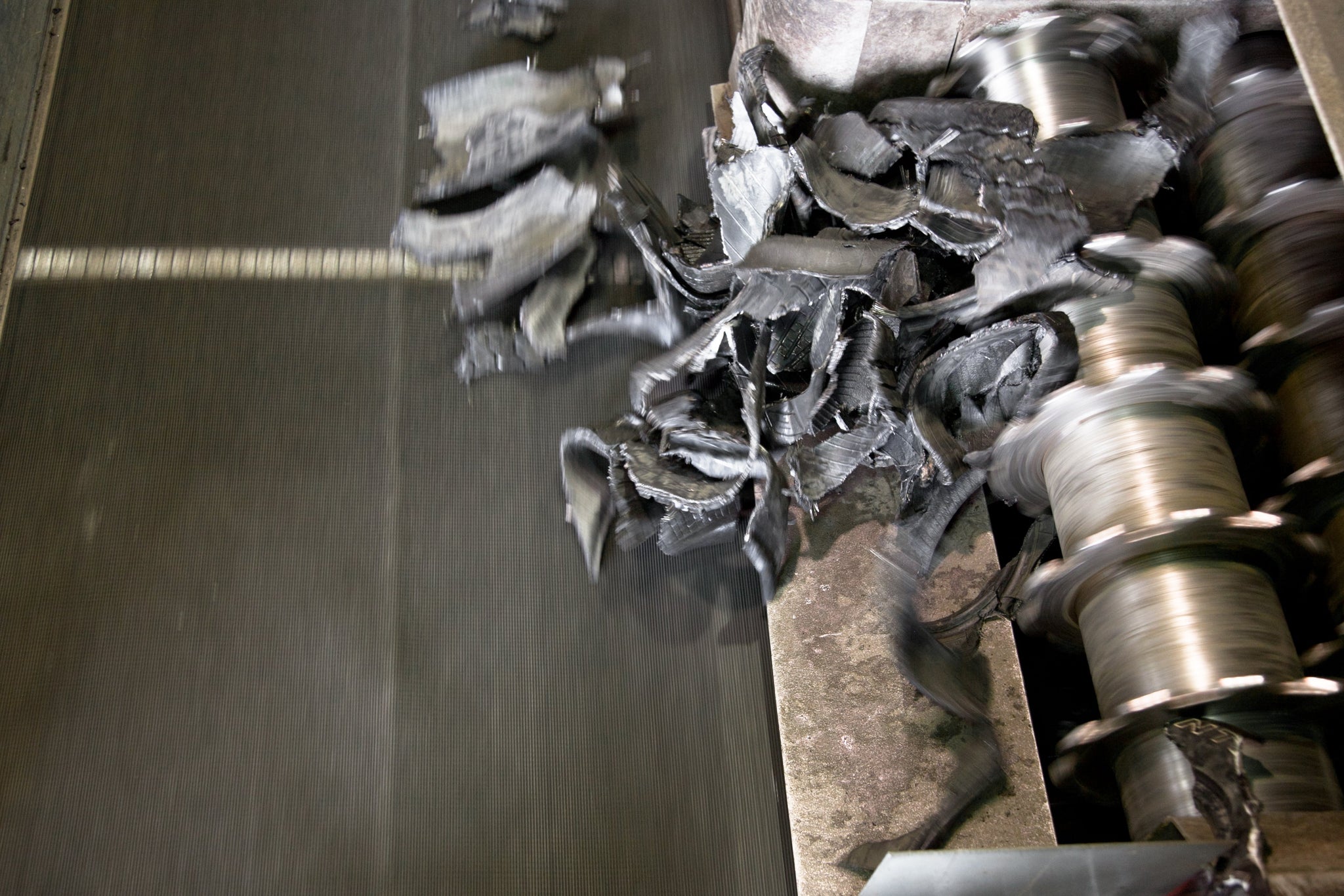
Transformations Windshield Washer Fluid: Closing the Recycling Loop

Manufacturers of consumer beverages, like every other consumable goods industry, end up with stale-dated and off-spec products that become waste. None of these products can find their way back into circulation for human consumption or use so they have to be managed for destruction in a secure, confidential and environmentally responsible manner.
Generally speaking, no one would even think that recycling would be an option. But for some companies (which cannot be named according to their confidentiality agreement), recycling their waste liquids is an important part of their environmental mandate to “close the loop.”
A number of these companies turn to Canadian Liquids Processors Limited (CLP) to manage the destruction of millions of litres of unsaleable sugar and alcohol-based consumer beverages. CLP offers a destruction process that is unique in Canada, converting the waste liquids into ethanol — a product highly sought after for a range of industrial applications.
“In days past, these companies might have had to dispose of their waste liquids using environmentally questionable practices like turning it into animal feed or pouring it down municipal sewers. But those disposal methods are definitely outdated,” says CLP General Manager Erica Seibert.
“Our process allows customers to manage their un-saleable products without any environmental impact, which achieves corporate responsibility goals. CLP even recycles 100 per cent of their packaging which contributes even more to sustainability metrics,” Seibert says, adding that her facility has an overall recovery rate of better than 96 per cent.
But closing the recycling loop for these waste liquids no longer ends there. While replenishing her windshield washer fluid one slushy day last spring, she got an idea. Why not add to her customers’ sustainability bottom line by making an environmentally-superior, non-toxic windshield washer fluid for them using the ethanol that’s made from their waste liquids?
“Our customers have huge fleets. They have to buy significant amounts of windshield washer fluid anyway,” Seibert says. “It makes sense to offer them a product that has exactly the same characteristics and performance as the commercial brands but that’s made from their own waste liquid products. “It’s a completely green, closed loop alternative to their current practice, truly taking their products from cradle to cradle.”
The new product is branded “Transformations” to reflect its waste liquids origins, and packaged in 1,000-litre, recycled content, refillable totes. “Our customers’ trucks are regular visitors to our facility so it’s no inconvenience for them to bring back an empty tote to get it refilled,” says Seibert. “That’s an added benefit because there’s no packaging waste and the backhaul to their facilities is now utilized for delivering the windshield washer fluid.”
Located in Hamilton, Ontario, CLP is the only facility in Canada which provides secure, environmentally sustainable, confidential destruction of off-specifications and stale-dated beverage products. It also is the only facility of its type in Canada licensed with the Ontario Ministry of the Environment and Excise Canada so that customers from across Canada can obtain excise tax rebates.
Jack Rosen, well known in the Ontario recycling community in the 1980s, originally started the business 30 years ago as Royal Recycling. In 2004, Emmie Leung, CEO of Emterra Group, acquired CLP and it’s now part of her family group of companies which includes Emterra Tire Recycling, Emterra Environmental, and Emterra Environmental USA. Emterra Group operates 14 recyclable material and used tire recovery facilities in British Columbia, Manitoba and Ontario. A fifteenth single stream MRF is currently under construction in Regina, Saskatchewan. When completed next June, it will process recyclables for the residential and IC&I sectors.
“We’ve started to use Transformations Windshield Washer in our fleet operations,” Leung says. “With more than 800 light, medium, and heavy trucks in use throughout our company, it adds to our corporate drive to achieve Zero Waste, too.”



